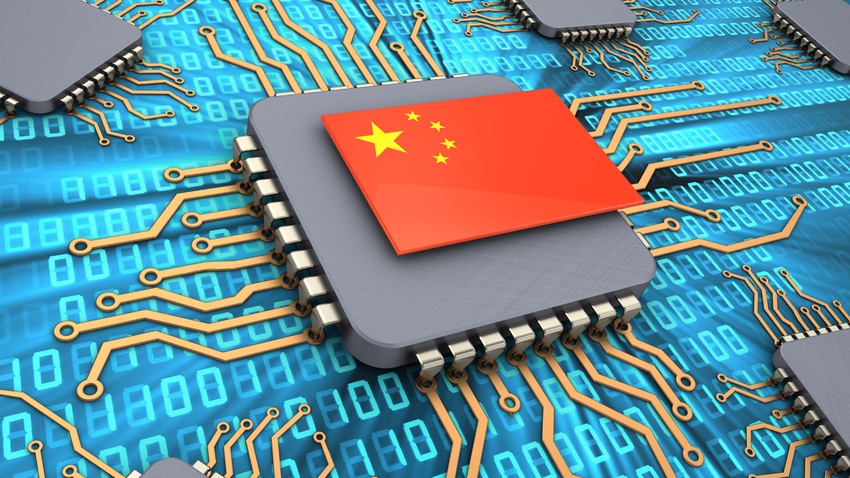
At a Glance
- The FT reports that Chinese companies are using Nvidia's gaming chips for AI compute, as U.S. export controls bite.
- These are Chinese companies and smaller AI labs that did not prepare for U.S. export restrictions on advanced AI chips.
- But it is a 'desperate' act, akin to 'using a kitchen knife to create artwork,' an analyst tells the FT.
Nvidia’s gaming graphics cards are being repurposed by Chinese companies to use on their AI models – in a “desperate” move to get around U.S. export sanctions.
The FT reports that Nvidia gaming chips are being stripped of components and then installed onto new circuit boards. While the chips themselves are not powerful enough to train a large language model, Chinese firms are grouping them into makeshift clusters.
But the workaround is not an ideal, with 86Research analyst Charlie Chai describing the move to FT as “desperate.”
"Just like using a kitchen knife to create artwork, it is doable, but the effect is suboptimal,” the analyst said.
The gaming chips are powerful but they are not as capable of doing high-precision calculations used for large language models with big datasets, according to the FT. Also, grouping chips into clusters may not work since there is a limit to interconnection speeds among the gaming chips.
FT’s sources said that demand for Nvidia's gaming GPUs have soared in the past month, with one factory disassembling more than 4,000 Nvidia chips this past December – more than quadruple the number in November.
The Biden administration placed restrictions on exports of AI chips to China, especially hitting Nvidia hard since it dominates this market. Its chips are highly sought after to power AI workloads like training models.
To still cater to Chinese customers, Nvidia had developed hardware for local markets, including the slower 800-series chip, to get past U.S. export restrictions.
However, the 800 series China-specific chips later were covered by updated export restrictions introduced last October. U.S. chipmakers cannot export advanced AI chips to China, companies incorporated in Macau or other nations thought likely to resell chips to China.
Instead, Nvidia and others can export slower systems to China, with the company unveiling three units last November that comply with U.S. export controls.
But that has not stopped the repurposing of Nvidia games graphics chips. According to the FT, those purchasing the repurposed chips are public enterprises and small AI labs in China, specifically those that failed to stockpile chips before the sanctions.
Altering Nvidia products violates its intellectual property rights, but Chinese companies still did so to get around the sanctions.
The GeForce RTX 4090 graphics cards were reportedly among the most popular chips to be repurposed. However, the 4090 is now banned from being exported to China, with a 5% slower market-specific version being created: the GeForce RTX 4090 D.
However, FT sources claim that the China-specific 4090 D is not powerful enough for language model training, however.
Nvidia told the FT that taking apart gaming chips “is not a viable way to create data center compute clusters for AI” since these chips are made for individual gamers and consumers.
About the Author(s)
You May Also Like


.jpg?width=700&auto=webp&quality=80&disable=upscale)
.jpg?width=700&auto=webp&quality=80&disable=upscale)
.jpg?width=700&auto=webp&quality=80&disable=upscale)
.jpg?width=300&auto=webp&quality=80&disable=upscale)
.jpg?width=300&auto=webp&quality=80&disable=upscale)
.jpg?width=300&auto=webp&quality=80&disable=upscale)
.jpg?width=300&auto=webp&quality=80&disable=upscale)
.jpg?width=300&auto=webp&quality=80&disable=upscale)